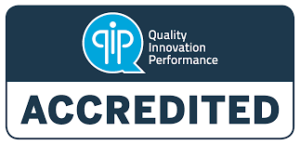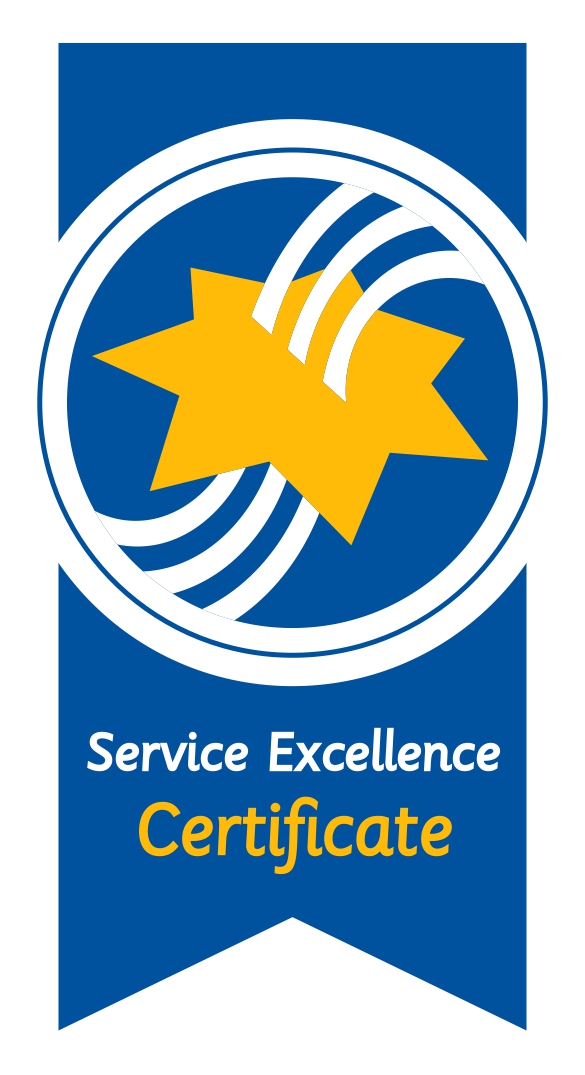
About the Australian Service Excellence Standards
The Australian Service Excellence Standards (ASES) is an internationally accredited quality improvement program based around a set of approved standards. It is owned and administered by the Department of Human Services (SA), who describe the certificate as follows: The ASES Certificate level covers all corporate functions and services. At this level, organisations are: operating confidently and efficiently, actively applying sound management principles, managing their risks, and, meeting legislative, industry and government guidelines.
Organisations are confident that: they have effective communication, their people are working in a safe and healthy environment where diversity and inclusion are celebrated, strong partnerships are fostered, and, consumer confidence exhibited in service provision.
Areas Covered in ASES Accreditation
Management: Overseeing the entire organisational functions. People, Partnerships, and Communication: Ensuring smooth interpersonal relations and information flow.
Service Provision: Ensuring the services provided are of the highest quality.
With effective implementation of the standards, consumers outcomes are clearly improved. Consumers play an integral role in the development and in the planning of services. Independence is fostered by providing opportunities for feedback, linked to continual improvement of services and operating systems.
The Significance of Accreditation
Organisations awarded the ASES accreditation have demonstrated their commitment to best practices, high-quality systems, and continuous improvement. This certification serves as a beacon for patients and consumers, signifying that the organisation is devoted to safe and qualitative service delivery.
Achieving accreditation offers numerous benefits to an organisation:
Consumer Confidence: It reassures clients and the local community of the organisation’s intent to provide superior services and care.
Risk Reduction: By regularly reviewing and updating health service systems, processes, and culture, organisations can effectively manage and reduce potential risks.
Quality Team Formation: Engaging teams in quality improvement processes can instil a culture of quality among staff.
Industry Benchmark: Accreditation lends confidence to stakeholders about the service quality, helping organisations fulfil regulatory requirements for obtaining funds.
Quality Improvement: It signifies the organisation’s dedication to improving systems, culture, risk management, and staff administration.
Enhanced Services: Accreditation provides a platform to spot areas needing improvement, leading to enhanced patient care and better service experiences.
In conclusion, Sydney Detox and Rehab Services’ accreditation with ASES not only underscores its commitment to delivering top-notch care but also elevates its standing in the industry. This is a significant step towards a brighter, quality-centric future for both the institution and the community it serves.
Accreditation is the cornerstone of any reputable health and community services organisation. It is an independent affirmation of an institution’s dedication to upholding and even surpassing industry benchmarks. Sydney Detox and Rehab Services’ accreditation with the Australian Service Excellence Standards (ASES) stands as a testament to its unwavering commitment to excellence.
The ASES is anchored on several organisational principles that outline a holistic approach to service delivery:
Consumer and Outcome Focused: Prioritising the welfare and results for consumers.
Clear Direction with Accountability: Ensuring clarity in goals and taking responsibility for outcomes. Continuous Learning and Innovation: Embracing novel methodologies and constantly upgrading knowledge. Valuing People and Diversity: Respecting every individual and celebrating differences. Collaborative Work Practices: Working hand-in-hand to achieve desired outcomes. Evidence-Based Decision Making: Relying on factual data and information to make informed choices. Social, Environmental, and Ethical Responsibility: Upholding the moral duty towards society, environment, and ethical considerations. By adhering to these principles, institutions can effectively plan, implement, and oversee constant improvement ventures.

Contact Us
For more information about our exclusive addiction treatment program, accommodations, and personalised care, please call or email us.
